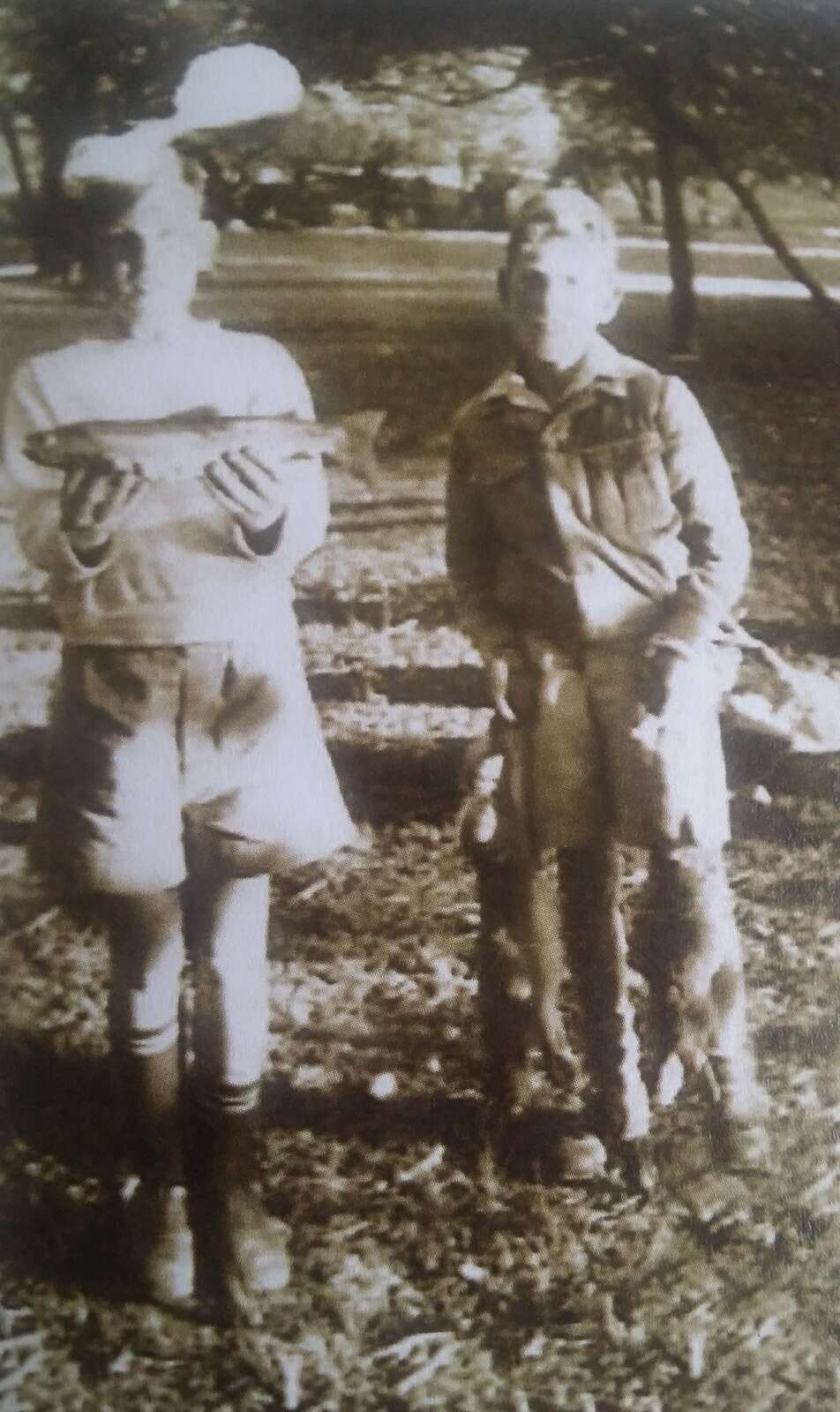Tasmanian RSPCA heading down the failed activism route?
SUPPORT DEER HUNTING WHEN IT MATTERS MOST
WIN TIKKA T3X LITE + BURRIS SCOPE
With firearms reforms actively underway across Australia, representation for deer hunters matters more than ever.

Join the Australian Deer Association during the campaign period and support experienced representation for deer hunting.
One new or returning member will be drawn to win a Tikka T3X Lite Stainless with a Burris scope.
Membership Benefits Include:
✓ Advocacy - Real Wins on the Ground
✓ Firearm & Public Liability Insurance
✓ Protect Public Land Hunting
✓ Education & Community
Proudly supporting the Australian Deer Association





